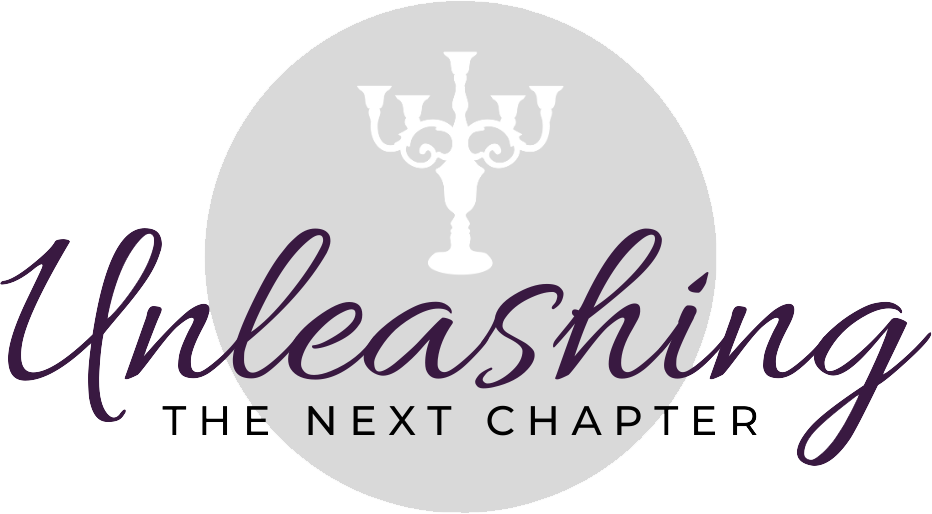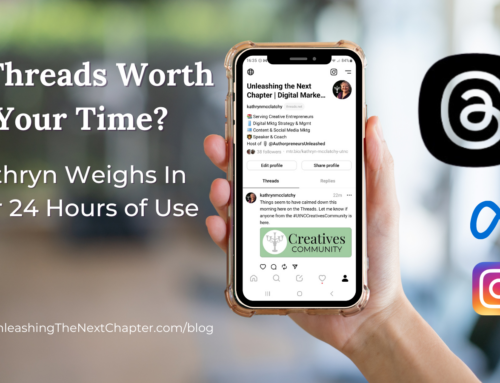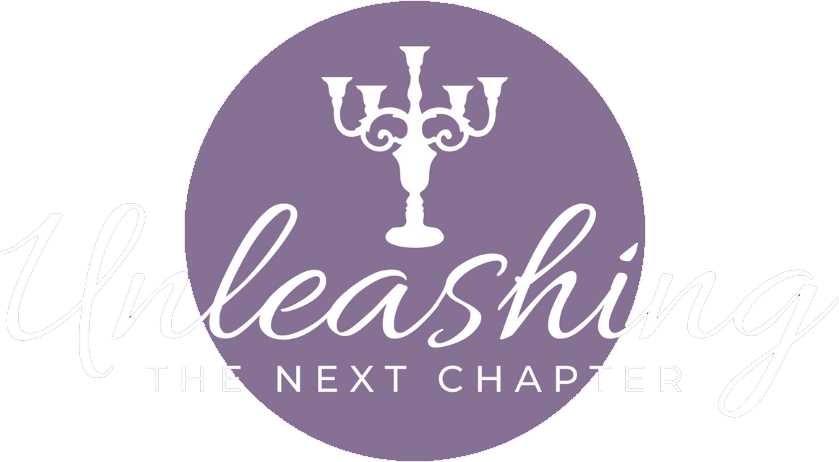It doesn’t matter how long I’ve been doing something, there is always more to learn or better ways to implement that knowledge. I used to tell my kids to learn from my mistakes, as there are plenty of opportunities to make their own without repeating mine. With that in mind, here’s my latest opportunity for learning new ways to implement old knowledge, and for you to learn from my mistakes.
I recently discovered one of my corporate clients (whom I had perceived as being my most challenging) only knew me as a “writer who liked social media.” They never checked out my Linkedin profile or looked at my resume. I assumed they had –my fault for assuming. (And, yes, I do know what “they” say.) No wonder they questioned my suggestions, constantly tried to find people to “help” me, refused to grant me access to do what was needed to build their social media platform properly to meet their objectives, and basically hog-tied me.
The client didn’t know…
- I was a marketing major in my undergraduate education.
- I worked in various sales positions, specializing in intangible products and services for over a decade.
- I trained and managed sales and advertising teams.
- I worked for over three years in an internationally ranked market research firm, with Fortune 500 accounts.
- I’ve been helping authors and writing organizations build their online presence, promoting events online, and teaching social media strategy for over seven years.
I now wonder how different our relationship would have played out, how much more the client would have benefited, and how much more successful the project would have become had the client known all this ahead of time.
Lessons Learned:
☆ At the outset of the working relationship, both client and provider should create a written contract, as casual or formal as appropriate for the situation.
- Make sure expectations for both parties are clearly stated in writing.
- Set a probationary period (30, 60, or 90 days? based on planned length of working relationship) in which either party can initiate fine-tuning or renegotiating the contract, or making a graceful, no-fault, exit.
- Include set times to formally meet to check-in, review, re-evaluate, or re-negotiate the project goals, participants responsibilities, timeline, etc.
- Specify how conflicts (real and perceived) should be addressed and resolved.
☆ If you are a writer or writing organization…
- Do your due diligence; research whom you hire.
- Hire someone you trust and then let them do their job/follow their advice.
- If you have concerns or questions, ASK; keep the conversation open.
- Don’t interrupt or assume you already know what the expert you are paying is going to tell you. If you know more than the person you hired, you hired the wrong person.
☆ If you are a service provider…
- Make sure your client knows your credentials; don’t assume they’ve thoroughly checked them.
- If they don’t want to accept your recommendations or let you do the job, ask why immediately–see if you can clarify expectations or misperceptions.
- After the 90-day (more or less) honeymoon phase, if the relationship with the client still isn’t working, offer to step aside or renegotiate the contract.
What else can you add to this list of lessons learned, either as a client or professional coach? Please share in the comments!
Do you know your worth? Does your client?







The blog really made me think about my past life. I keep a lit of thing quiet and people have no idea about what I have and can do. Really never thought about it before, so thank you.
So glad my experience was thought-provoking.